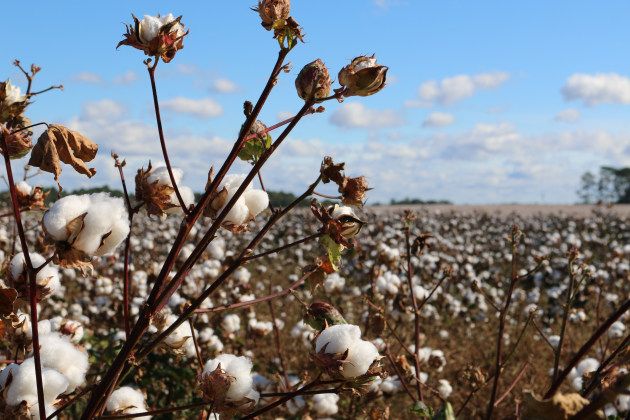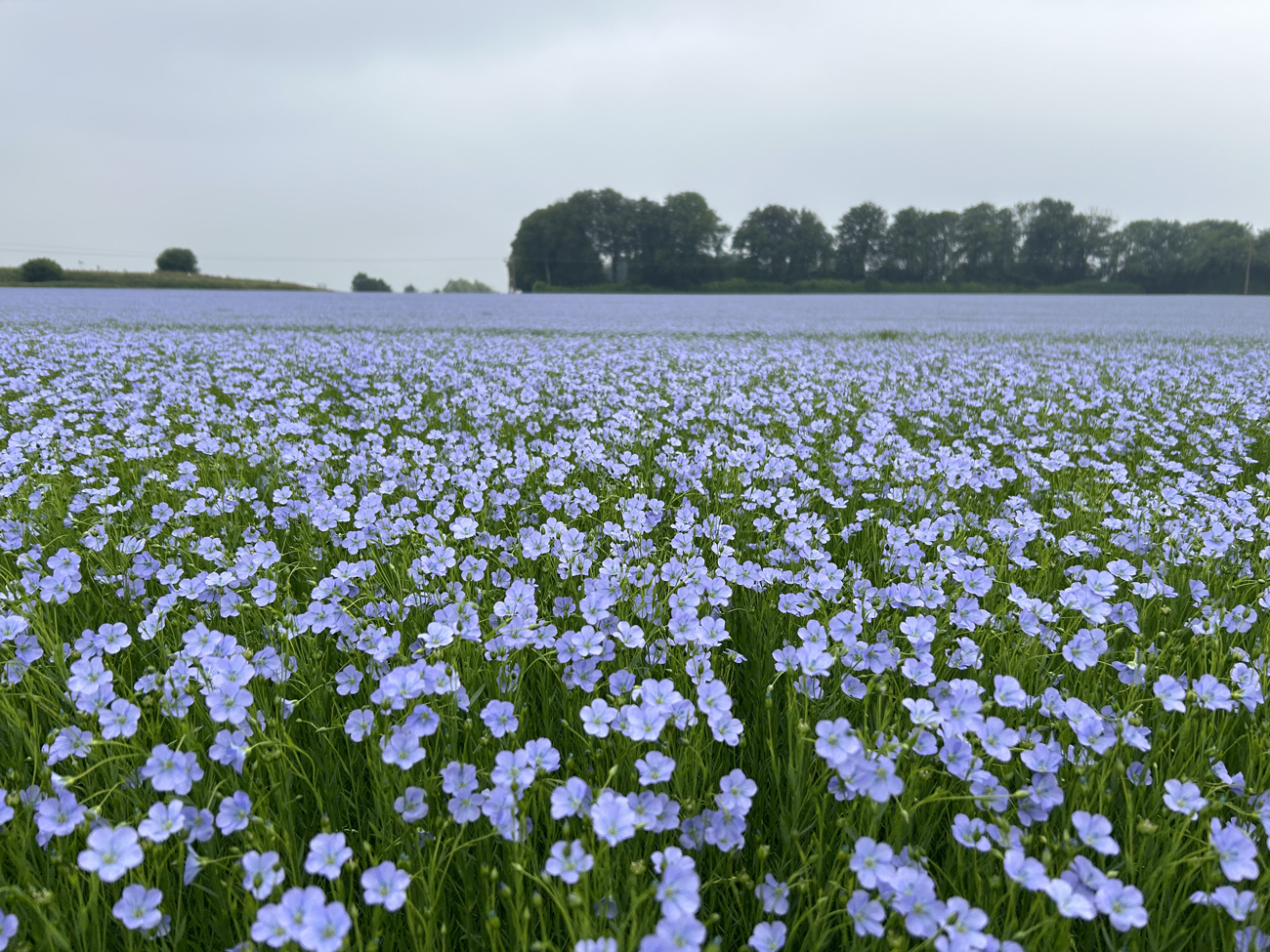Materials
Fibre and raw material selection is a key component of the range development process across all our Brands, and we prefer to use natural, sustainable fibres.
To this end, Merino Wool and Cotton form a large component of our fabric and fibre selection, used in their purest form or in a blend to improve performance and longevity. Our women’s brands also focus on using higher-end luxury fibres, where appropriate, such as silk, alpaca, and cashmere.
Wool
Merino wool stands as a cornerstone of our brand’s commitment to quality and sustainability. We take immense pride in sourcing Australian Woolmark-certified wool, ensuring that every garment reflects the highest standards of craftsmanship and environmental stewardship. This extraordinary fibre is not only renewable, natural, and biodegradable but also boasts unparalleled versatility.
Wool is a natural fibre. It is odour—and stain-resistant, breathable, and has natural stretch. It is wrinkle-resistant and easy to care for. Wool is sustainable; it is naturally biodegradable and 100% renewable.
Cotton
Cotton has been cultivated for at least 7000 years, making it one of the world’s oldest known fibres. Despite this, its use did not become widespread until the invention of the cotton gin, which mechanised production.
As an industry, cotton supports the livelihoods of millions of people – both directly and indirectly – around the world and it is grown commercially from large scale production through to small landholders on most continents. Cotton is traded as a commodity which can make supply chain transparency a challenge.
Cotton remains the most widely used natural fibre in the world and its beauty, comfort, durability and versatility make it the perfect choice for apparel, home textiles and many other products.
Linen
Linen is one of the oldest produced fibres, having been first cultivated and woven into fabric over 30,000 years ago.
Flax production, once widespread throughout the Mediterranean and northern Africa, is now concentrated in France and Belgium, with Russia and China also producing commercial quantities of the fibre.
Linen is a strong fibre and has good antibacterial properties. Linen is heat resistant and quick drying with natural anti-wicking properties, making it the ideal fibre for warmer weather.
French linen is generally grown in the Normandy region of France, with most growers forming co-operatives to market their fibre outside of the EU better. Strict guidelines are in place to ensure fibres are certified for export with fully traceable documentation.
As an Australian-owned company, our brands have a commitment to utilising Australian-grown Merino Wool in our knitwear products where possible. To this end, we have recently begun to transition our volume programs to non-mulesed Australian Merino Wool. We will continue to work closely with the wool industry to ensure sustainable and ethical fibre choices in the future
Merino wool excels at regulating body temperature, providing warmth in winter and breathability in summer. Its softness, durability, and ability to wick away moisture make it an ideal choice, ensuring comfort and performance in every piece.
By using Australian Woolmark-certified Merino wool, our brands honour their customers’ needs and our commitment to sustainability.
The main features and benefits of cotton are:
Cotton is comfortable
Cotton is naturally sustainable
Cotton supports farmers and communities
Cotton is hypoallergenic
Cotton is odour-free
Cotton is low-maintenance
Cotton isn't clingy
Cotton is versatile
Cotton is high-tech
The main features and benefits of linen are:
Lightweight, breathable, natural,
Perfect relaxed lifestyle
Breezy cool.








